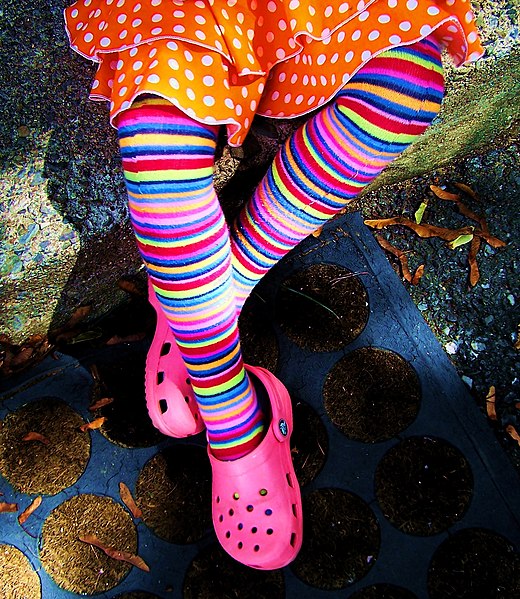Melanie Jean Juneau has a provocative story over at Catholic Stand about her own children’s experiences of remembering life in the womb. I’m skeptical, but think it would be a fun and fruitful avenue of research if anyone can come up with reliable ways to study the question. Regardless of what infants and toddlers do and don’t remember, however, the fact that unborn children are conscious and learning is obvious. Newborns are aware and able to learn, and that’s not because of magic thinking-dust floating in the air of the maternity ward, it’s because they are already able to learn before they make their grand entrance.
Which leads to a funny story. My eldest (born three weeks early but perfectly able to think and learn, he didn’t have to wait for his 40-week gesti-versary to begin expressing strong opinions) is less than two years older than his next-younger sister. Mr. Boy has become much more diplomatic with each passing year, but let’s just say his was not a quiet infancy. Could his complaints be heard through a couple inches of insulating material? Absolutely.
So, funny story about prenatal learning . . . his little sister was born crying like a toddler. If you’ve been around newborns, you know that usually they have this distinctive newborn-type cry that’s not real nuanced. As the baby grows towards Peak Toddler, tonal subtleties flourish, and the child develops a whole repertoire of types of crying that can be very informative for the parents. Toddlers and newborns do not have the same cry — unless the newborn has received extensive prenatal voice-coaching from an older sibling.
As a result, my #2 child was born crying not like some just-off-the-cabbage-patch neophyte, but like a seasoned pro. In the middle of the night, I could not distinguish the newborn from the toddler, because they had the same cry. She’d been listening her whole life to the very loud young person who did much of his hollering just inches from her developing ears and brain, so she already knew the language.
(FTR: I can now definitely tell their voices apart, thank you puberty, these days I mistake my son for his father not his sister.)
Anyhow, that’s my personal story of prenatal learning. I don’t think there’s any huge lesson to draw from it, other than that of course your baby is going to have a connection with you, Mom, because of all the months and months of learning your movements and voice and scent, so naturally your baby is going to favor spending time in your arms. Nothing ground-breaking there. Likewise, it suggests that Dad and siblings and other close household members are going to be somewhat known by the newborn already, so that family bond is already forming before you meet face to face.
It’s good.
***
Simcha Fisher has an interview up with an adoptee who talks about the pain and grief of being asked to pretend that adoption is the fairy-tale ending that erases the trauma of losing your first family. It’s not an easy read, so if you click through please understand that you are signing up to enter into someone else’s trauma and listen, and some of what this now-adult child of adoption has to say is very raw.
I think it’s an interview that absolutely attests (regardless of whatever you might believe about the science birth trauma, etc.) to the fact that children are meant to grow up in the loving embrace of their biological mother and father who are committed and faithful to each other and to their child, and that anything that rips apart that fundamental need is going to hurt. It’s a loss, and it’s normal for that loss to be painful and the grief to be lasting. There’s no age when losing one or both parents is just no big deal, move on to the next thing.
But obviously it’s a fallen world, and while we should do everything we can to help children grow up in a peaceful, loving home cared for by their own biological mother and father, if for some reason that’s not possible, we do what we can to find a next-best option. Neither “just kill the victim” nor “just pretend nothing happened, everything’s fine” are the loving response. Loving people is the loving response.

Photo of a little girl in vividly colored striped stockings with pink Crocs by D Sharon Pruitt, via Wikimedia, CC 2.0. Not my child, but I had a few who went in for that sort of fashion statement. Possibly some still do.












